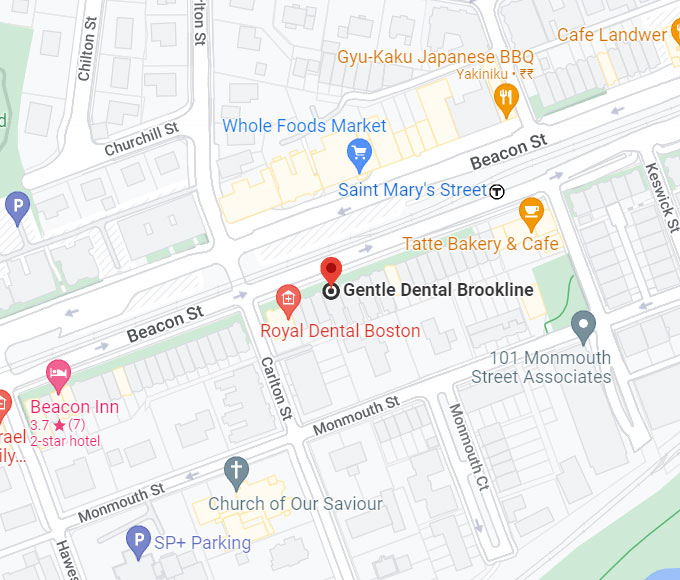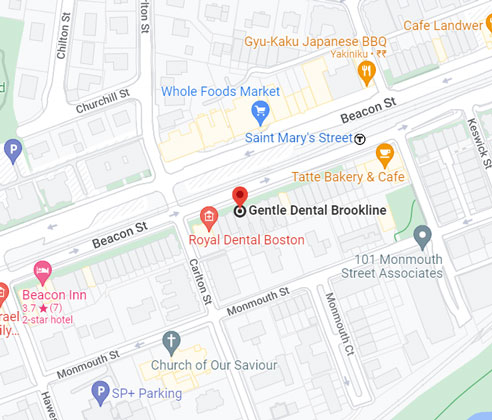Do You Have Gum Disease?
Gum or periodontal disease is often silent until it becomes severe. Here are the signs you should watch for:
The signs and symptoms listed for gum disease are accurate and align with those commonly associated with periodontal disease, including:
- Red, swollen, or tender gums
- Bleeding gums during brushing or flossing
- Receding gums, making teeth look longer
- Persistent bad breath or bad taste in the mouth
- Loose or shifting teeth
- Changes in the way teeth fit together when biting
- Pus between your teeth and gums
- New gaps between teeth
- Increased tooth sensitivity
- Painful chewing
Understanding these symptoms can prompt a timely visit to a periodontist, potentially saving your teeth and gums from further damage.





